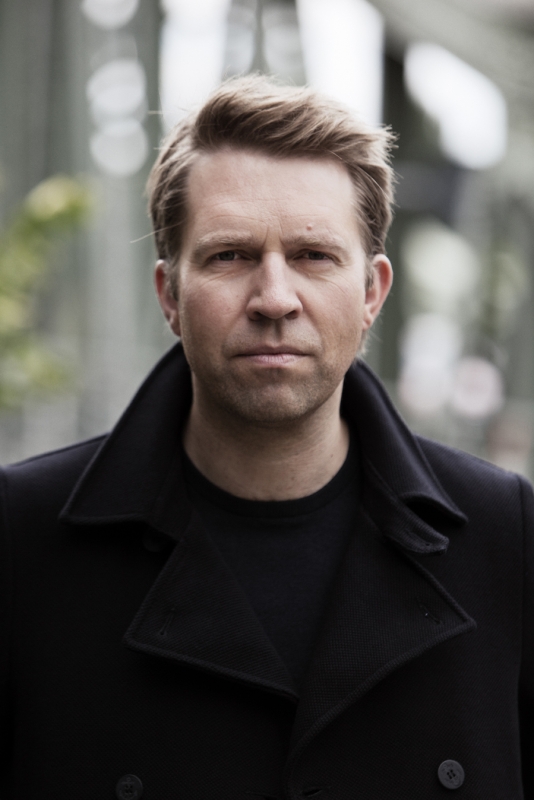 Switzerland Schumann: Tonhalle Orchestra, Hazel Brugger (slam poet), Leif Ove Andsnes (piano), Lionel Bringuier (conductor), Tonhalle Zurich, 11.02.2016. (RP)
Switzerland Schumann: Tonhalle Orchestra, Hazel Brugger (slam poet), Leif Ove Andsnes (piano), Lionel Bringuier (conductor), Tonhalle Zurich, 11.02.2016. (RP)

Schumann, Piano Concerto in A minor, Op. 54
The second in this series of short concerts with the Tonhalle Zurich, slam poet Hazel Brugger and a free drink looked a bit different from the first one two months back. As before, Brugger was attired in black tee shirt and jeans, but the orchestra members dressed down a bit. Instead of white tie and tails, most wore black Zurich Tonhalle tee shirts, generally covered with jackets of the same color, and so did the soloist, pianist Leif Ove Andsnes. Clothes don’t make the orchestra, however, and the Tonhalle played at the same impressive level as they had previously, but it did make for a somewhat less formal atmosphere.
Brugger took a different approach to her contribution than she did the last time. She still keeps high culture at arm’s length, making it clear that the ornate spender of the Tonhalle, with its painted ceilings and two massive crystal chandeliers, is not her natural habitat and that such gigs are not her métier, but her observations were more on point. As before, she mused upon the nature of art and its societal worth; this time, she brought the composer and the orchestra into her ruminations. Gone were the references to current goings-on in Zurich and its environs. The questions that she lighted upon are ones that many of us ponder, and fresh perspectives are always welcome.
Robert Schumann’s only piano concerto was premiered by his wife, Clara, on New Year’s Day in 1846 with the Leipzig Gewandhaus Orchestra. Theirs was one of music’s great love matches, triumphing over both Clara’s rather practical bent and parental opposition. Clara might be considered to have had it all in the modern sense of the word: she had talent and a career, married her musical and spiritual soulmate, and bore eight children. But of course that was not the case. Robert Schumann suffered a severe mental decline, attempted suicide and died at the age of 46 in 1856 in an insane asylum. His love for Clara is spelled out in the concerto (literally), as the notes of the oboe solo, which dominates the first movement, can be construed to spell out the Italianate version of her name.
It is the warmth of Leif Ove Andsnes’ playing that impresses one so. He elicits such depth and richness of tone from the piano while maintaining a certain lightness of touch. He lacked neither drama nor formidable technique, but it is the lyrical, singing quality of his playing that marked this performance. The exchanges between piano and orchestra in the first movement were as sighs shared. The Tonhalle acquitted itself splendidly, with Simon Fuchs, the solo oboist, playing his spirited, yet wistful melody with élan. Lionel Bringuier is elegance personified both in his appearance and conducting, and it is just fine that he is a bit on the formal side of the equation.
I enjoy these concerts in part for their brevity. One has the rare opportunity to focus, eagerly and alertly, on a single work. (Even the most dedicated concert goer or critic doesn’t always relish sitting still for long periods of time.) I hope that they are rewarding for the musicians too: they should be. The audience sat in rapt attention for 30 minutes, far longer than the estimated average modern attention span of 20. The applause seemed to go on almost half as long. Poet, pianist and conductor, glasses in hand in lieu of the customary flowers, then led the way to the party.
Rick Perdian
